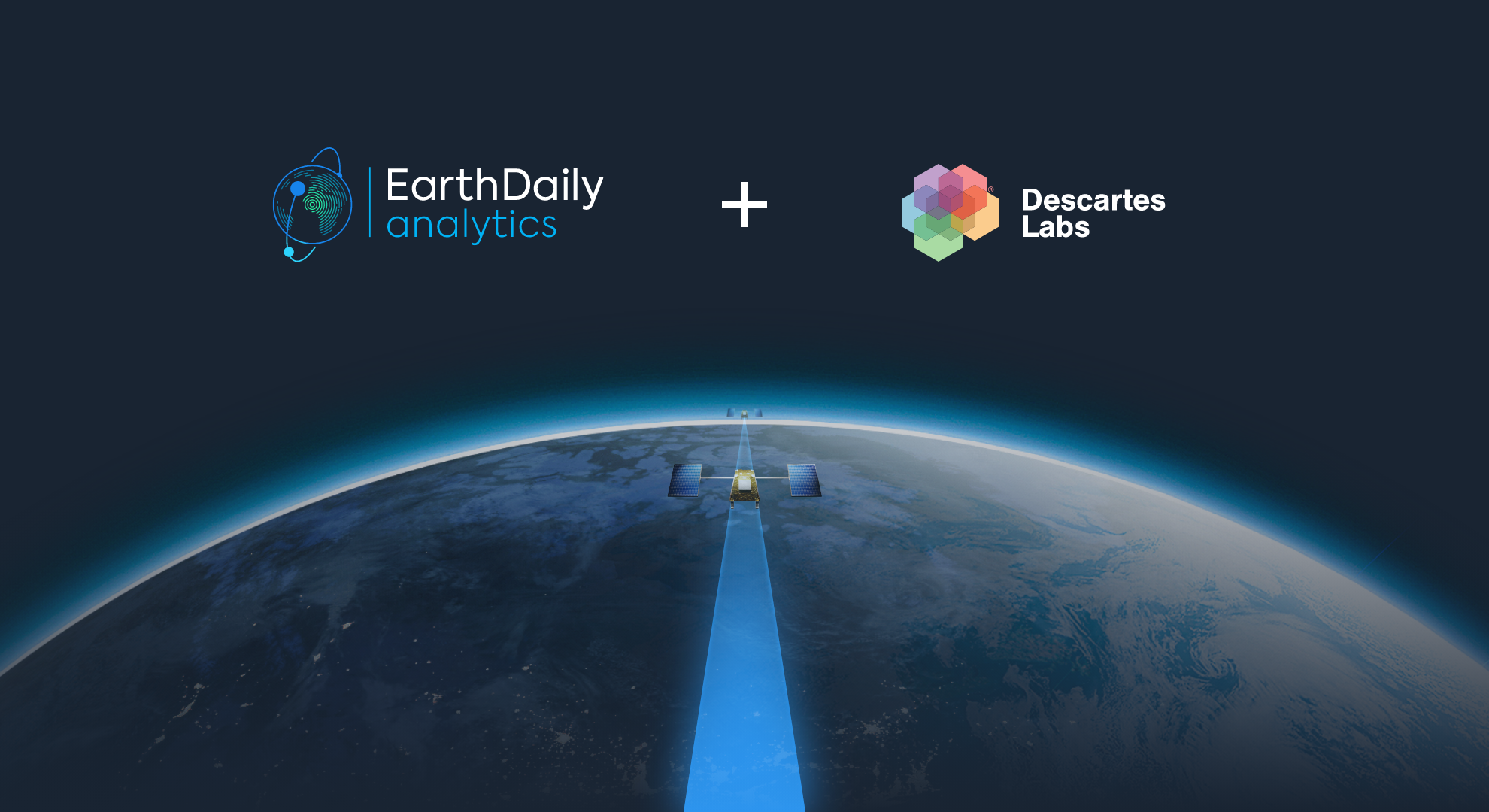Scaling Innovation in Canada: EarthDaily on Building Systems That Work

Canada is entering a new phase of nation-building. In Calgary, EarthDaily joined industry leaders for the C-Suite Panel at the GoGeomatics Expo to discuss what that means for the country’s geospatial industry.
The discussion came as the federal government in Ottawa tabled Budget 2025 -- a plan built around sovereignty, infrastructure, and digital capacity. The “Canada Strong Budget” directs about $115 billion over the next five years to infrastructure and sets out measures to modernize Canada’s digital systems, strengthen data resilience, extend the Buy Canadian Policy, and increase investment in infrastructure and climate resilience.

For Wade Larson, EarthDaily’s Senior Vice President for Business Development, the day’s parallel conversations underscored a single point: Canada has the talent and capability to lead globally, but it needs the systems and risk culture to match.
“Canada has incredible capability, but we’ve spent too long making innovation harder than it needs to be. It’s time to build the structures that let Canadian ideas scale at home, not just abroad,” he said.
Key takeaways from the discussion
- Procurement reform key to homegrown innovation: Procurement reform is key to helping Canadian innovation grow at home. The country produces world-class technology, yet too often those projects rely on outside investors to reach the market. South of the border, it works differently: U.S. agencies often buy from their own startups early on, giving them a first contract, credibility, and a way to scale. Canada has started to move in that direction through initiatives like the Defence Investment Agency and the Buy Canadian Policy, but the real progress will come when those ideas turn into faster, smaller contracts that give new companies a chance to prove what they can do.
- Homegrown innovation needs homegrown support: The EarthDaily constellation, set to be one of the most advanced change detection system in the world, is being built in Canada by Canadian engineers, yet financed almost entirely through international investment. It stands as proof that Canadian innovation can compete globally, and as evidence of how hard it remains to scale projects at home without early government backing. Broader investment in digital infrastructure could turn that experience into a national advantage, such as linking Canada’s strengths in data, energy, and analytics to power a stronger domestic economy and a new generation of sovereign capability.
- Risk aversion continues to limit progress: Canada’s system tends to be risk averse by design, emphasizing compliance and caution over experimentation. While that culture supports accountability, it can also slow innovation. Encouraging measured risk-taking will be as important as any policy reform in helping new ideas scale. Real change will require more openness to new suppliers, pilot projects, and first-time contracts that allow innovation to move from prototype to production inside Canada.
- Purpose is Canada’s competitive edge: Larson mentioned that the U.S. economy has a strong pull; it’s a hundred times larger, and that scale draws talent south. Canada can’t always match that on pay or opportunity, but it can make staying worthwhile in other ways. When people see that what they are building adds up to something real, whether improving national capability or making communities more resilient, it gives them a reason to invest their talent here. That also means creating careers in geospatial with room to grow, mentors to learn from, and access to the same kind of modern tools the industry depends on in the field.
- Alignment the missing piece: Alignment is the other missing piece. Canada has the people and ambition to lead in geospatial innovation, but policy, procurement, and industry still don’t always pull in the same direction. The country needs the will to act together -- partners ready to try things, adjust, and learn by doing instead of waiting for perfect policy.
Budget 2025 puts infrastructure, resilience, and digital capacity at the heart of Canada’s growth strategy. For EarthDaily, that’s a direction that fits closely with its mission: to advance technologies that strengthen digital foundations and show how Canadian innovation can both compete and lead on the global stage.


